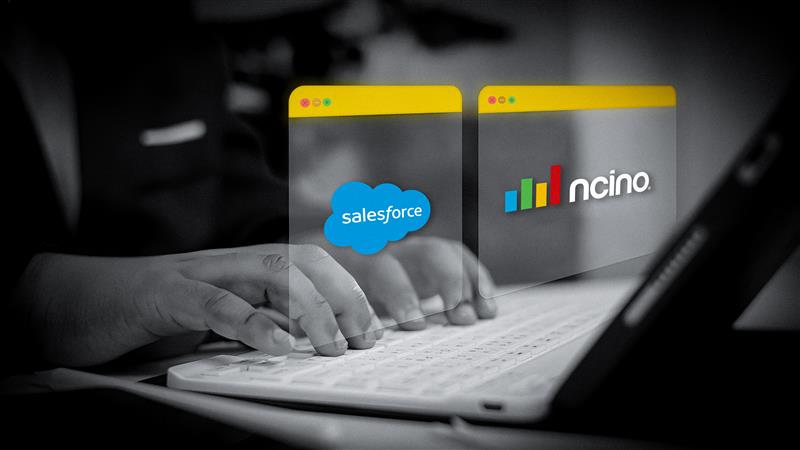Employer branding is a strategic effort to position your company as a top employer, influencing perceptions among potential hires and current employees. It involves crafting a clear identity that highlights your company’s culture, values, and employee experiences, ensuring these resonate with your target talent pool.
A strong employer brand sets your organization apart in a competitive job market, making it more attractive to skilled candidates and fostering loyalty among existing employees. This can be achieved by emphasizing a positive work environment, growth opportunities, strong leadership, and a commitment to diversity, inclusion, and employee benefits.
To effectively build your employer brand, use channels like social media, career pages, job advertisements, and employee testimonials to share your message. These efforts create a compelling narrative that not only attracts top talent but also strengthens your company’s overall reputation.
In essence, employer branding is about creating a lasting impression that aligns with your company’s values and goals. This enhances recruitment, boosts employee engagement and retention, and drives overall company performance.
Why Employer Branding is Important
Employer branding attracts top talent, making it crucial for success. It also helps in engaging and retaining these talented individuals. This is essential for a company’s long-term success. Here are key reasons why employer branding is vital:
1. Attracting Top Talent
In a competitive job market, a strong employer brand is essential. It helps your company stand out from the crowd. When potential candidates see your organization as a great place to work, they take notice. As a result, they are more likely to apply for job openings. This increases the number of applicants. As a result, you gain access to a larger pool of qualified candidates.
2. Reducing Hiring Costs
A well-established employer brand can reduce the cost of hiring. It attracts candidates who are already familiar with your company. These candidates are also more likely to be interested in joining your team. This leads to lower recruitment marketing expenses and faster hiring processes.
3. Enhancing Employee Engagement and Retention
Employees who feel proud of their workplace are more engaged. When they believe in the company’s mission, they become more loyal. A strong employer brand fosters a positive work culture. This leads to higher job satisfaction and lower turnover rates.
4. Improving Company Reputation
Employer branding affects how your company is perceived by employees and candidates. It also influences the opinions of customers and partners. Additionally, it shapes the perception of your company by the public. A strong employer brand enhances your overall reputation, making your company more appealing to stakeholders.
5. Boosting Employee Advocacy
Employees who are proud of where they work are more likely to advocate for the company. They share positive experiences on social media. This advocacy also spreads through word of mouth. This organic promotion further strengthens your employer brand and attracts more talent.
6. Driving Business Success
Ultimately, a strong employer brand contributes to a motivated and high-performing workforce. When employees are engaged, productive, and aligned with the company’s goals, they drive innovation, customer satisfaction, and business growth.
How to Improve your Employer Branding
Improving employer branding requires a strategic approach. It’s about showcasing your company as a desirable place to work. Here is how you can enhance your employer brand:
1. Define Your Employer Value Proposition (EVP)
Start by clearly defining what sets your company apart as an employer. Your EVP should reflect your culture, values, and the benefits you offer employees. This will form the foundation of your employer’s branding efforts.
2. Enhance Your Online Presence
Ensure that your website and social media profiles present your company in the best light. Regularly update your career page, highlight employee testimonials, and share content that showcases your work culture and values.
3. Leverage Employee Advocacy
Encourage employees to share their experiences working at your company on social media and review sites like Glassdoor. Authentic employee stories and testimonials can have a powerful impact on your employer’s brand.
4. Create Engaging Content
Develop content that highlights your company culture and success stories. Include corporate social responsibility initiatives in your messaging. Use videos, blogs, and social media posts to showcase your company. These tools give potential candidates a glimpse of what it’s like to work there.
5. Improve Candidate Experience
Streamline your recruitment process to ensure a positive experience for candidates. Clear communication, timely feedback, and a transparent hiring process can leave a lasting impression. Even those who don’t get the job feel this impact.
6. Invest in Employee Development
Offering training and growth opportunities shows that you value your employees’ professional development. Highlight your commitment to helping employees grow in their careers, which can be a major attraction for potential hires.
7. Foster a Positive Work Environment
Cultivate a supportive and inclusive work culture where employees feel valued and respected. Promote work-life balance, recognize achievements, and ensure that diversity and inclusion are integral parts of your company.
8. Monitor and Respond to Feedback
Regularly gather feedback from employees and candidates to understand how your brand is perceived. Address any concerns and make improvements where needed. Responding to reviews on platforms like Glassdoor shows that you care about employee experiences.
9. Showcase Corporate Social Responsibility (CSR)
Highlight your company’s involvement in social causes and community initiatives. Many employees are attracted to companies that align with their values and contribute positively to society.
10. Measure and Refine Your Strategy:
Continuously evaluate the effectiveness of your employer branding efforts. Use metrics such as employee engagement scores, retention rates, and social media analytics to track progress and make adjustments as needed.
Conclusion
You improve your employer branding not just to attract top talent. It’s also about creating a thriving and engaged workforce. This engaged workforce drives your company’s success. Start by defining your EVP and enhancing your online presence.
Foster employee advocacy to strengthen your employer brand. Continuously refine your strategy to ensure it resonates with both current and potential employees. A strong employer brand is an investment that pays off in long-term business growth, employee retention, and overall company reputation.
At Stafide, we specialize in helping companies in niche technology sectors find the specialized talent that they’re looking for. We ensure that your branding strategies resonate with the right candidates. Partner with us to elevate your brand and secure your niche talent that drives your company’s success.





